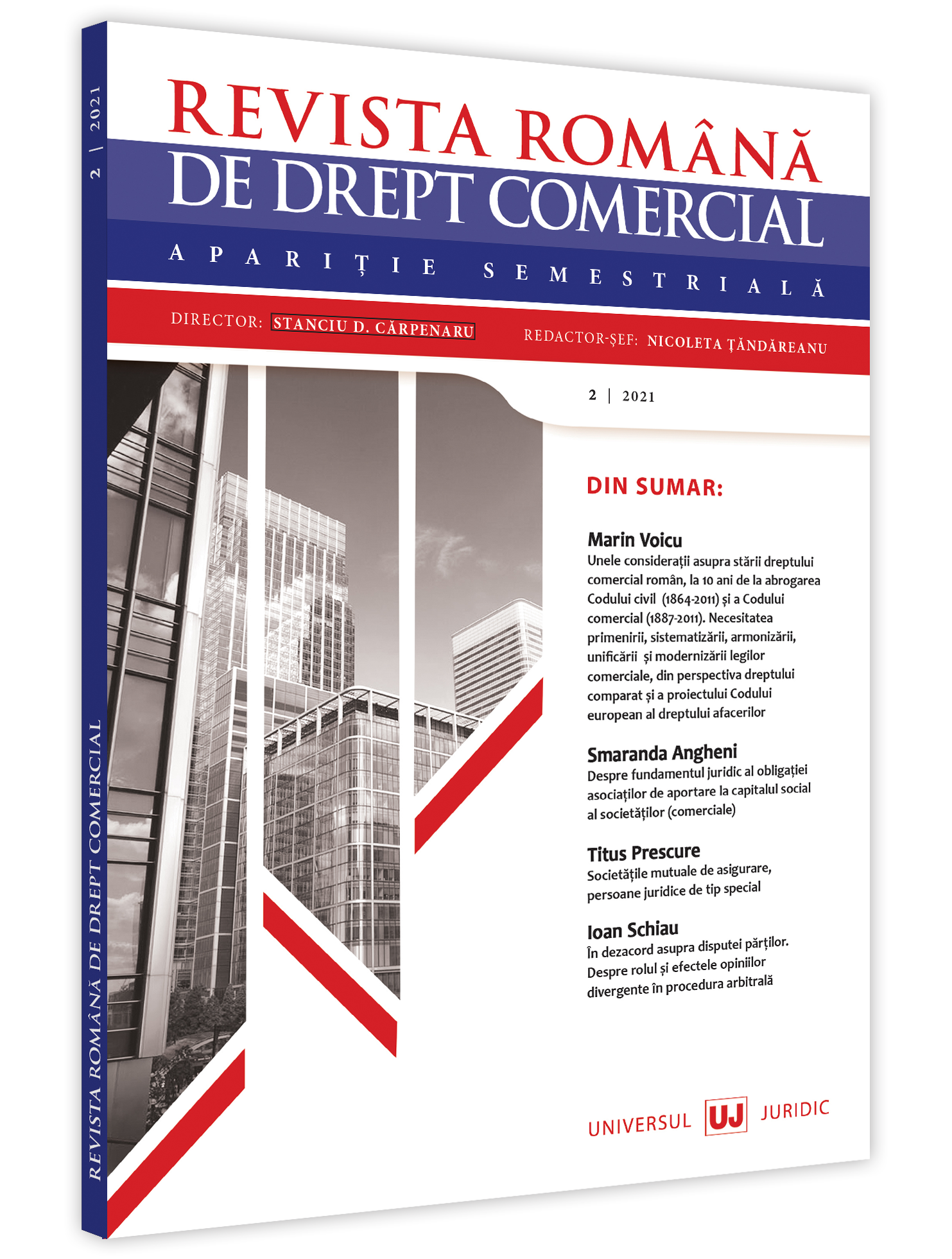Reflexivitatea planului de reorganizare
Reflexivity of the Reorganization Plan
Author(s): Andreea DeliSubject(s): Law, Constitution, Jurisprudence, Civil Law
Published by: Universul Juridic
Keywords: reorganization plan; next best scenario/alternative; confirmation of plan; disadvantaged creditors; fair and equitable treatment; relevant alternative scenario;
Summary/Abstract: One of the predicaments in implementing reorganization proceedings is the attempt at confirming a reorganization plan with alternatives, when the subsequent alternative is enabled if and only if the preceding one is not validated. For instance, the indispensable creditors class must, irrespective of its valid form on the reference date, be maintained by continuity, so that the actual failure to provide the service at the time the plan is confirmed might result in an issue as to the validity of the vote. The same goes for the situation in which the negative vote of a higher class of disadvantaged creditors obstructs the possibility to offer to the lower creditors more than the liquidation value although, theoretically, the debtor’s ability to operate allows obtaining higher revenues. According to the rules of the judicial reorganization de lege lata, the confirmation of the plan takes place uno ictu, so that the later recovery, although possible, is incapable of reviving the moment of the vote or the legal analysis in itself. The EU Directive on restructuring set out a mandatory standard regarding the „next best alternative scenario in the event that the reorganization plan is not confirmed”. Also, according to the English Scheme of Arrangements, which relies on the „relevant alternative scenario”, the judge may, during the „cram down” phase (the „imposition” of a confirmation on the dissenting creditors) re arrange the creditors in categories, if the plan initially proposed seems unfair, and validate the restructuring solution so that the alternative is actually and verifiably a „relevant” one. This is why, being flexible in accepting potentially alternative structures of the reorganization plan may substantiate the effectiveness of the access to a successful reorganization.
Journal: Revista română de drept comercial
- Issue Year: 2021
- Issue No: 02
- Page Range: 78-92
- Page Count: 15
- Language: Romanian
- Content File-PDF

